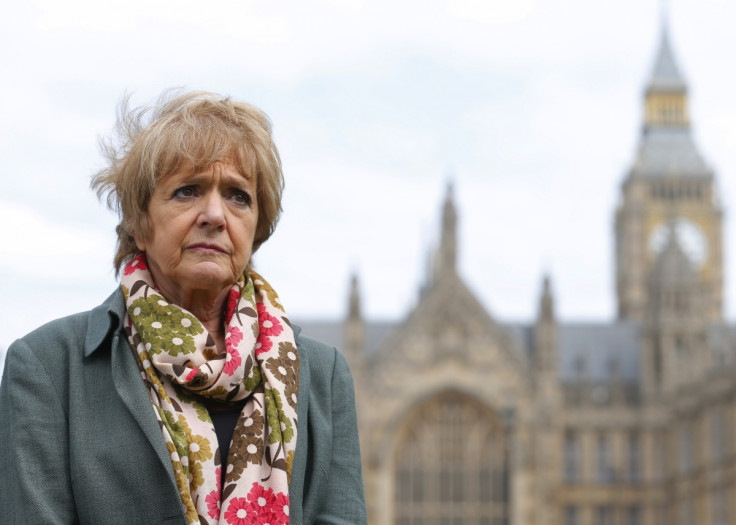UK's Most Vulnerable Let Down by Disability Payment 'Fiasco'

The UK government has let down some of the most vulnerable people in our society, according to a group of MPs.
The cross-party Public Accounts Committee slammed Iain Duncan Smith's Department for Work and Pensions over the implementation of Personal Independence Payment (PIP) to disabled people.
Margaret Hodge, chair of the group, said the introduction of the flagship welfare reform has been "nothing short of a fiasco".
PIPs, which replaced the Disability Living Allowance (DLA) in April 2013, are designed to help people with the extra costs caused by long-term illnesses or disabilities.
Those entitled to the benefit can receive between £21.55 ($36.72, €27.02) and £138 a week from the government.
But the Public Accounts Committee criticised the DWP for not piloting the scheme and argued that it leads to assessments taking far longer than originally thought.
"This resulted in significant delays, a backlog of claims and unnecessary distress for claimants who have been unable to access the support they need to live, and in some cases work, independently," Hodge explained.
She added: "The personal stories we heard were shocking. We heard evidence of a claimant requiring hospital intervention as a result of the stress caused by the delays suffered, and another claimant who was unable to afford the specific diet required for diabetes and gastric problems while waiting for a decision."
The report from the group of MPs also claimed that the DWP had only made 16% of the decisions it had expected to have made by October 2013.
In particular, the Public Accounts Committee said that terminally ill people were having to wait on average 28 days for a decision – 180% longer than expected.
"The standard of service provided by the DWP and its contractors has been unacceptable," Hodge added.
"Claimants have experienced difficulties in arranging appointments – and assessors have cancelled home visits at the last minute and have failed to turn up when claimants have travelled to assessment centres."
The group also said that four in 10 claimants had to travel over an hour to be assessed by Atos, the contractor tasked with deciding eligibility for support benefits.
"We are concerned that Atos appears to have included incorrect and potentially misleading information in its bid for the contract," Hodge said.
"Atos stated in its tender document that it had 'contractual agreements' in place with a national network of 56 NHS hospitals, 25 private hospitals and over 650 physiotherapy practices to provide assessments. This turned out not to be true."
But a spokesperson for Atos Healthcare said that the DWP made clear that they were not misinformed during the tender process.
"And that at the point of go live they knew our capacity, our partners and the number of centres we would be using," the spokesperson said.
"We completely refute any allegation of misinformation during the procurement process for Personal Independence Payment.
"Not only have we written to the committee to clarify our position but we invited the National Audit Office in to scrutinise our documentation.
"That we could not have binding contracts in place before we signed a contract with the DWP is simply common sense and in no way misleading. What we did have were detailed written proposals from the suppliers."
The group of MPs concluded by calling on the DWP to "urgently get the PIP scheme up to scratch".
The Department for Work and Pensions had not responded to a request for comment at the time of publication.
© Copyright IBTimes 2025. All rights reserved.






















